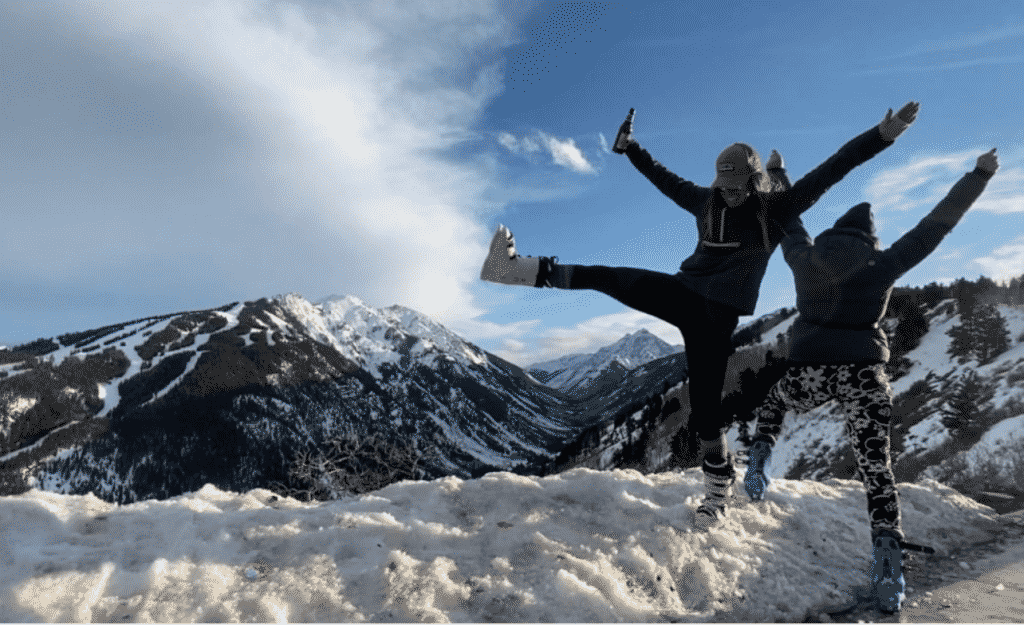EAGLE- Mia Conley was all set for her first year of college at Colorado State University.
But the graduate of Eagle Valley High School deferred her acceptance in July, after finding out all but one of her classes were going to be online. She’s decided to get a job near home and attend Colorado Mountain College to complete college credits at a fraction of the cost.
“I thought about taking a gap year all through high school. It’s always been in the back of my mind, but I wasn’t going to do it but now I have the opportunity,” the avid skier said. “Maybe I’ll travel. Do some school wherever there’s Wi-Fi. Absolutely I’ll do some skiing. I’m taking this whole thing as a blessing.”
Ski resorts are counting Conley and her not-quite-campus-bound peers as a blessing, too. College kids are filling a critical gap for resort companies that need hundreds or even thousands of seasonal workers. And with President Donald Trump’s June 22 executive order that paused all foreign-worker visas to expand opportunities for American workers, the challenge of landing seasonal workers has grown for ski areas that have long struggled to fill positions in remote — and pricey — mountain communities.
“This is something that is keeping us all up at night right now. Trying to fill positions without an international pool of applicants is a little concerning, but we think we can replace them domestically,” said Jim Laing, the head of human resources for Aspen Skiing Co., which typically hires about 400 J-1 exchange visa workers every season. “Our applications from college kids are up pretty significantly over prior years. We are targeting college-age applicants, but they seem to be targeting us as well. That’s a bright light in this mess.”
Read more via The Colorado Sun.
The Colorado Sun is a reader-supported news organization dedicated to covering the people, places and policies that matter in Colorado. Read more, sign up for free newsletters and subscribe at coloradosun.com.
This content was originally published here.

